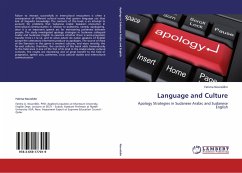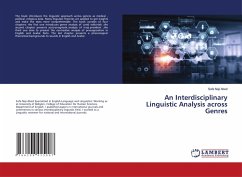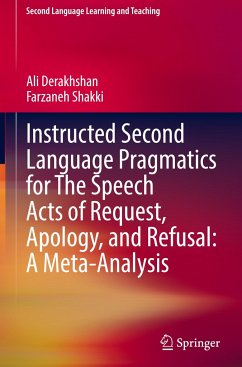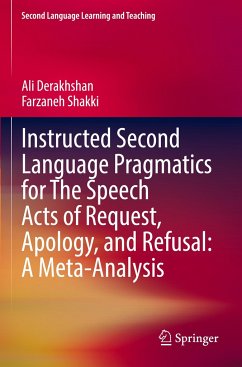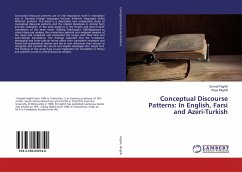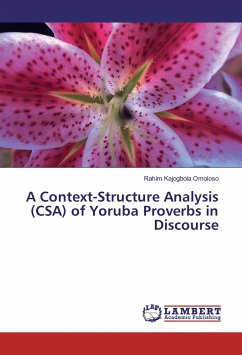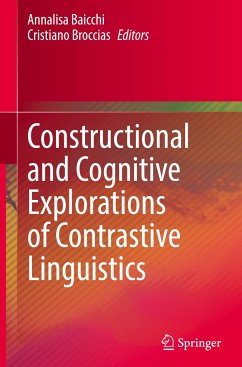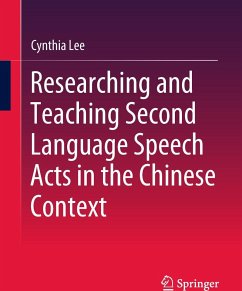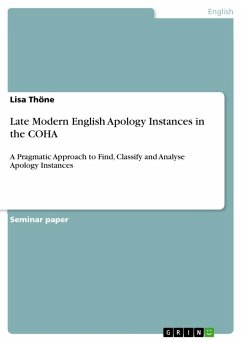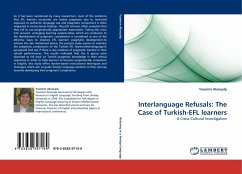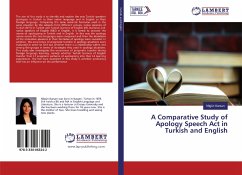
A Comparative Study of Apology Speech Act in Turkish and English
Versandkostenfrei!
Versandfertig in 6-10 Tagen
36,99 €
inkl. MwSt.

PAYBACK Punkte
18 °P sammeln!
The aim of this study is to identify and explain the way Turkish speakers apologize in Turkish as their native language and in English as their foreign language. Comparing the same semantic formulae used in the same situation by the subjects from different groups, native speakers of Turkish (NTS) in Turkish and Turkish learners of English (EFL learners) and native speakers of English (NES) in English, it is aimed to uncover the norms of apologizing in Turkish and in English. In this way the apology norms across the two languages were compared and then the deviations of the nonnative speakers i...
The aim of this study is to identify and explain the way Turkish speakers apologize in Turkish as their native language and in English as their foreign language. Comparing the same semantic formulae used in the same situation by the subjects from different groups, native speakers of Turkish (NTS) in Turkish and Turkish learners of English (EFL learners) and native speakers of English (NES) in English, it is aimed to uncover the norms of apologizing in Turkish and in English. In this way the apology norms across the two languages were compared and then the deviations of the nonnative speakers in their formulae of apology were revealed. In addition, the occurrence of pragmatic transfer in apology situations were evaluated in order to find out whether there is a relationship within and among the groups in terms of strategies they used in apology situations. This study also investigates the occurrence of pragmatic transfer during foreign language learning, namely whether Turkish learners of English transfer their L1 pragmatic patterns of apologizing into their L2 learning experiences. The last issue examined in this study is whether proficiency level has an influence on the performance



